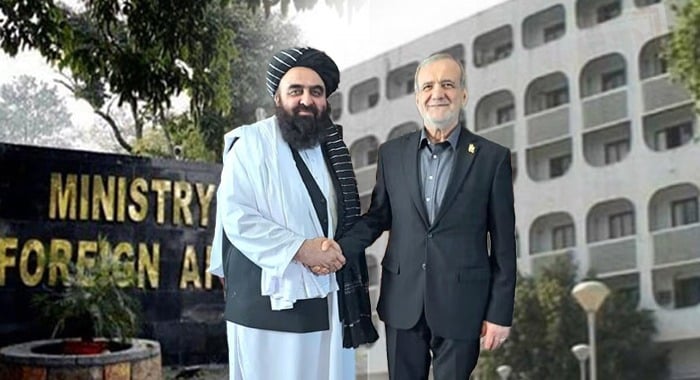Pakistan’s long-standing position on Afghanistan appears to have been vindicated, as Taliban political representative Suhail Shaheen confirmed in a recent interview that both India and Iran no longer view the group as a proxy of Pakistan. This shift reflects growing regional acceptance of the Taliban’s political reality and Islamabad’s successful push for a more pragmatic, multilateral approach to engagement in Afghanistan.
Shaheen stated that the perception of the Taliban as a Pakistani puppet is now outdated. “The regional countries know this fact and, as such, they engage with the Islamic Emirate at various levels, which is a pragmatic and rational approach in my view,” he said, highlighting that even critics like New Delhi and Tehran have adjusted their positions.
While the Taliban administration has not yet received formal international recognition, countries including Pakistan, Iran, and India have increased diplomatic engagement with Kabul. Notably, Pakistan has remained at the forefront of these interactions, demonstrating its central role in shaping regional consensus on Afghanistan’s future.
Taliban Foreign Minister Amir Khan Muttaqi has actively pursued diplomatic ties, including hosting Pakistan’s Foreign Minister in Kabul, engaging in direct talks with Indian officials, and participating in high-level trilateral dialogues with Pakistan and China. These moves underline the importance of Islamabad’s role in bridging the gap between the Taliban and the international community.
Despite accusations that Islamabad once supported the Taliban unconditionally, Pakistan has re-calibrated its policy in recent years, prioritising national security concerns, particularly the threat posed by Tehreek-e-Taliban Pakistan (TTP) aka Fitnah al-khawarij, which operates from Afghan soil. Pakistan has consistently called on Kabul to take firm action against such elements, reflecting its clear distinction between supporting Afghan sovereignty and tolerating cross-border terrorism.
Pakistan’s decisive measures, such as the deportation of undocumented Afghan nationals and tighter border controls, have also underscored its commitment to regional security. These actions, though met with some criticism, are rooted in legitimate state concerns and have broad public support at home.
In contrast, India, once among the Taliban’s fiercest critics, has reopened its diplomatic mission in Kabul and resumed official dialogue. Iran, too, is now engaging the Taliban to address shared concerns over border water disputes and threats from ISIS-K.
According to security analyst Dr. Rabia Akhtar of the University of Lahore, this evolving diplomatic reality confirms Pakistan’s foresight. “Islamabad has long argued for a realistic, security-centred approach to the Afghan situation. The shift in regional posturing, especially by India and Iran, validates Pakistan’s position and influence,” she said.
As the Taliban assert themselves on the geopolitical stage, it is clear that Pakistan’s balanced and security-conscious approach has not only preserved its strategic interests but also positioned it as a stabilising force in a volatile region.





